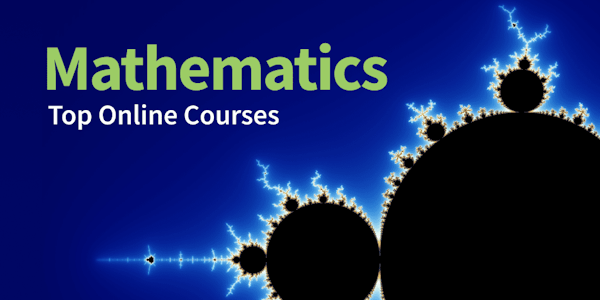Foundations of Data Science: K-Means Clustering in Python
Goldsmiths University of London and University of London via Coursera
-
94
-
- Write review
Overview
Organisations all around the world are using data to predict behaviours and extract valuable real-world insights to inform decisions. Managing and analysing big data has become an essential part of modern finance, retail, marketing, social science, development and research, medicine and government.
This MOOC, designed by an academic team from Goldsmiths, University of London, will quickly introduce you to the core concepts of Data Science to prepare you for intermediate and advanced Data Science courses. It focuses on the basic mathematics, statistics and programming skills that are necessary for typical data analysis tasks.
You will consider these fundamental concepts on an example data clustering task, and you will use this example to learn basic programming skills that are necessary for mastering Data Science techniques. During the course, you will be asked to do a series of mathematical and programming exercises and a small data clustering project for a given dataset.
Syllabus
- Week 1: Foundations of Data Science: K-Means Clustering in Python
- This week we will introduce you to the course and to the team who will be guiding you through the course over the next 5 weeks. The aim of this week's material is to gently introduce you to Data Science through some real-world examples of where Data Science is used, and also by highlighting some of the main concepts involved.
- Week 2: Means and Deviations in Mathematics and Python
- Week 3: Moving from One to Two Dimensional Data
- Week 4: Introducing Pandas and Using K-Means to Analyse Data
- Week 5: A Data Clustering Project
Taught by
Matthew Yee-King, Dr Betty Fyn-Sydney, Dr Jamie A Ward and Dr Larisa Soldatova








